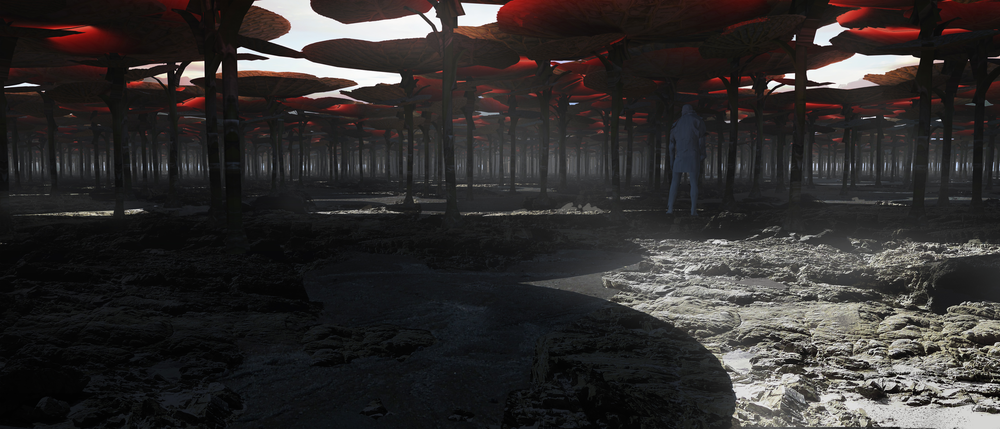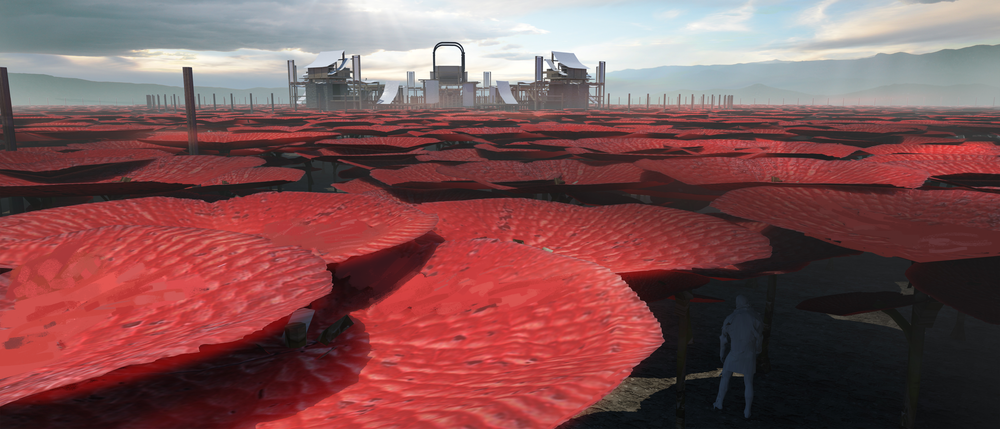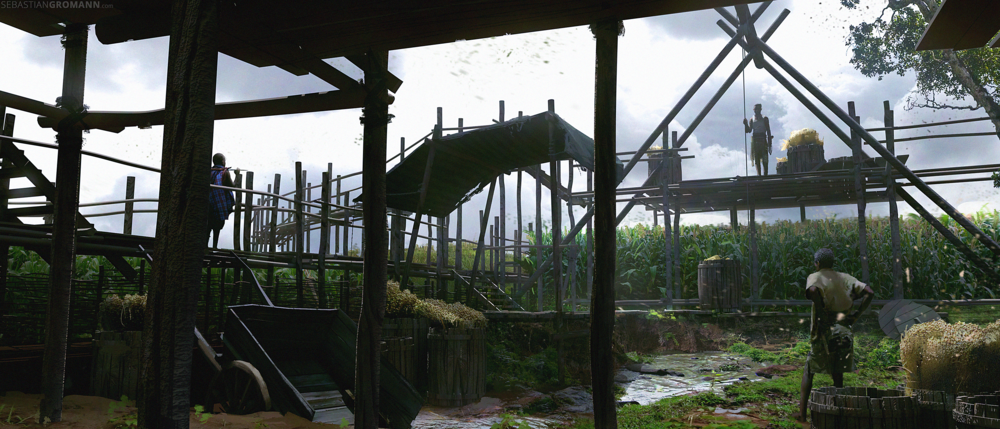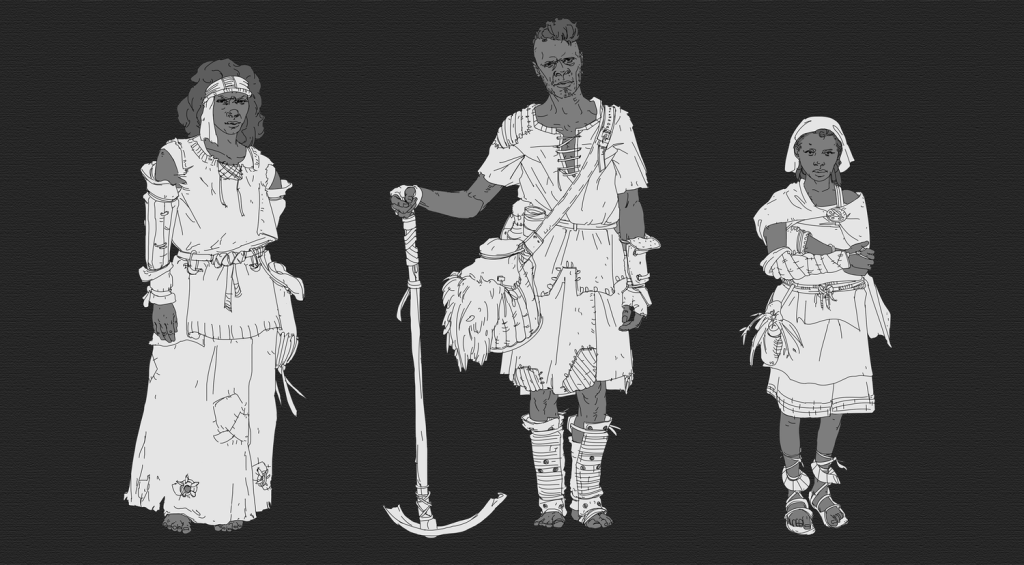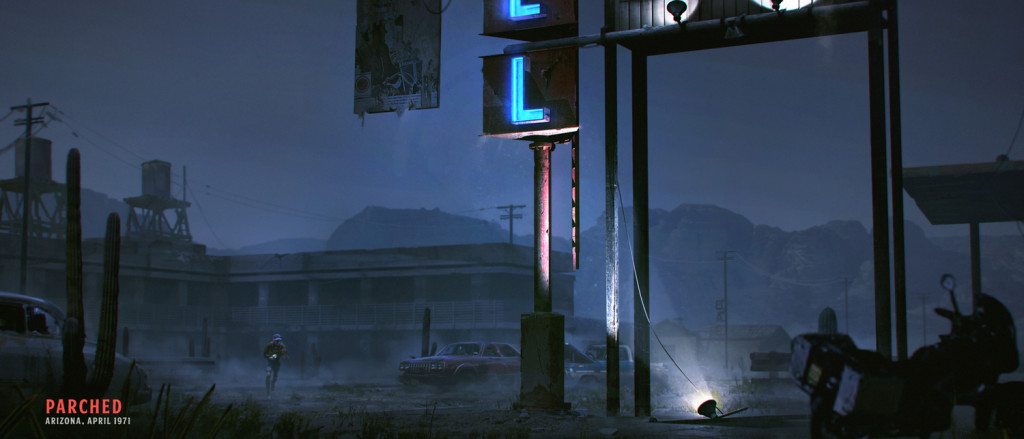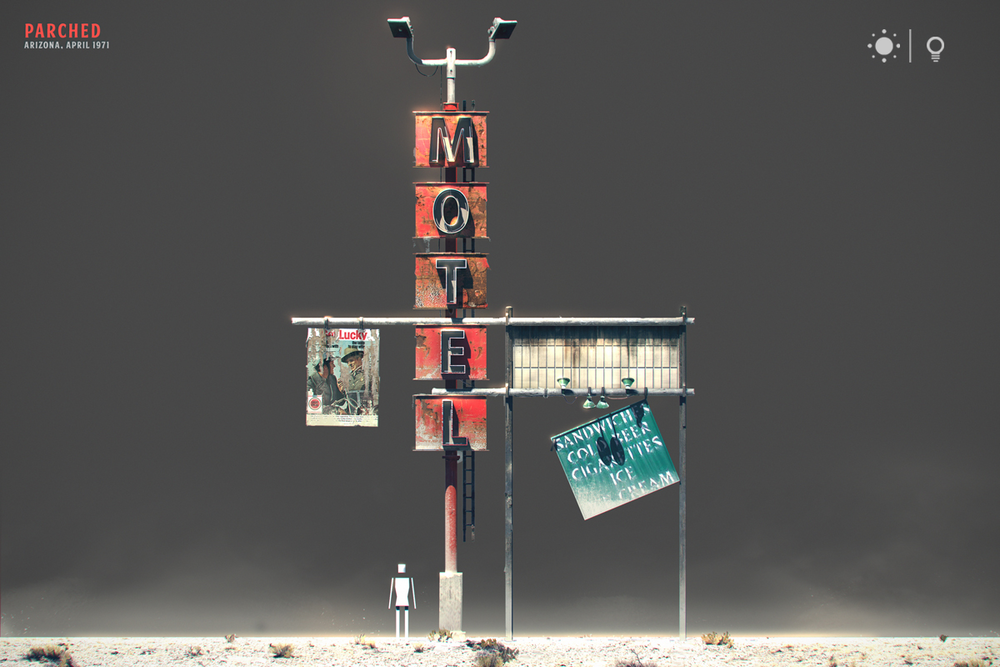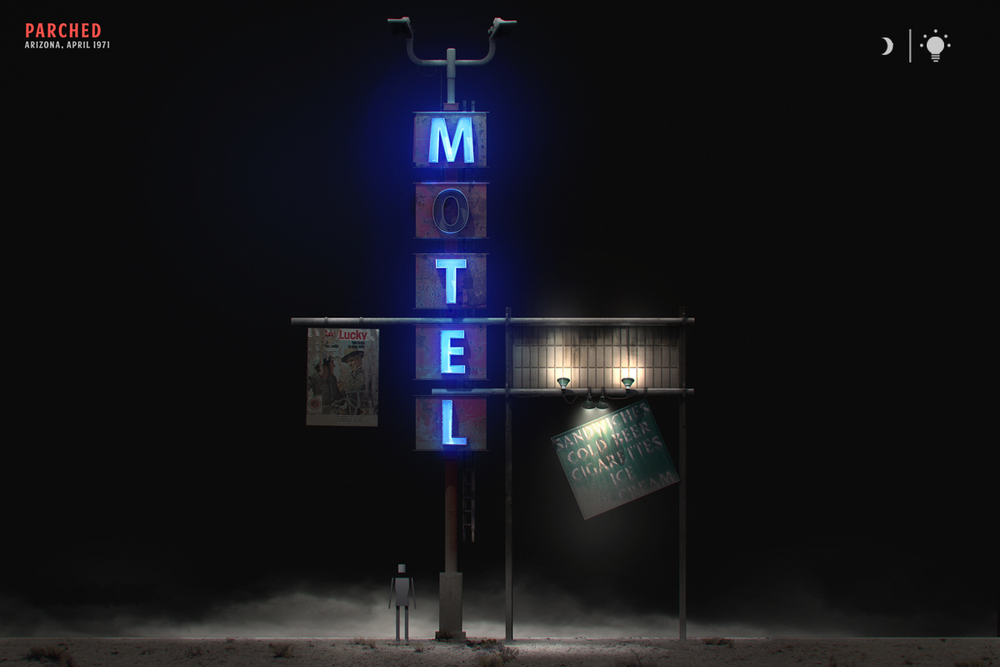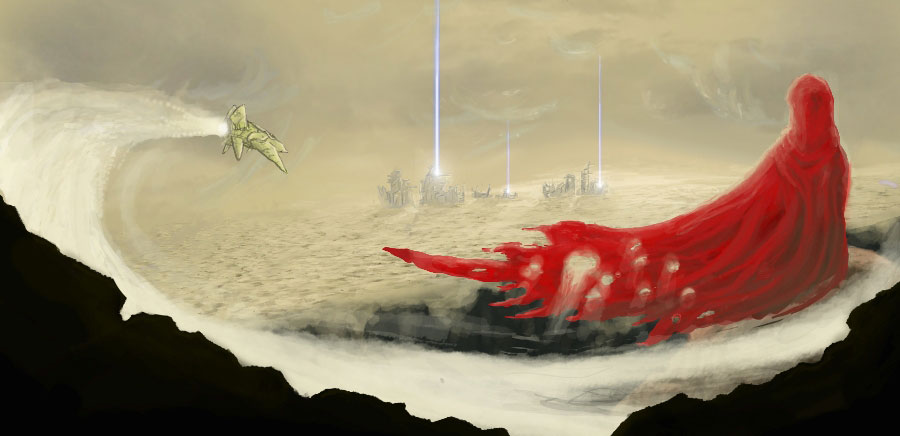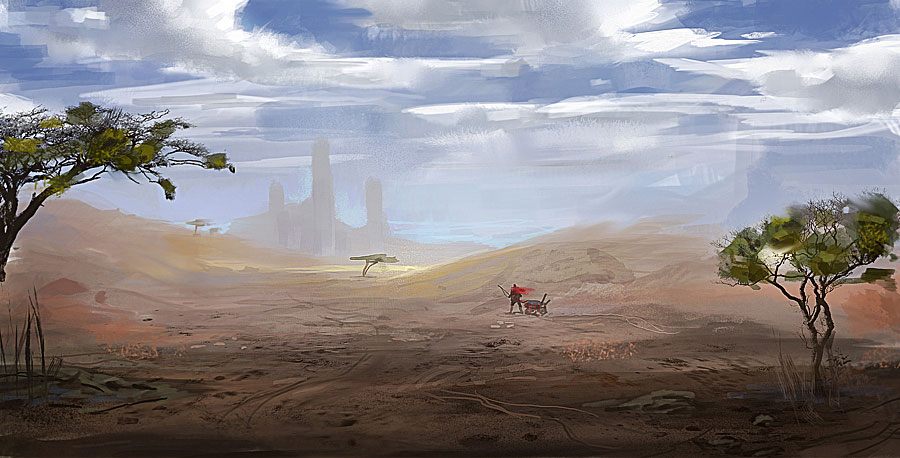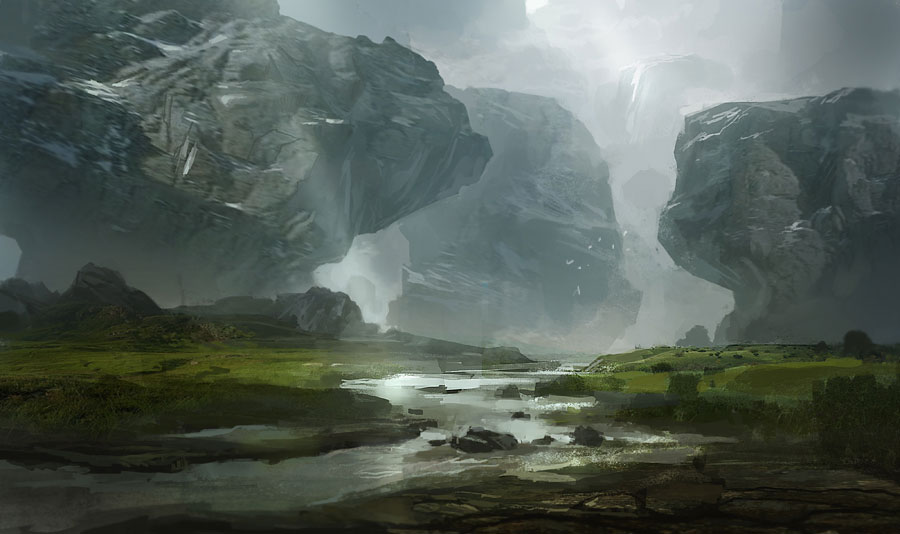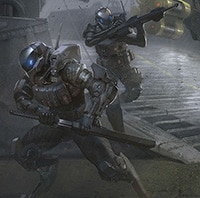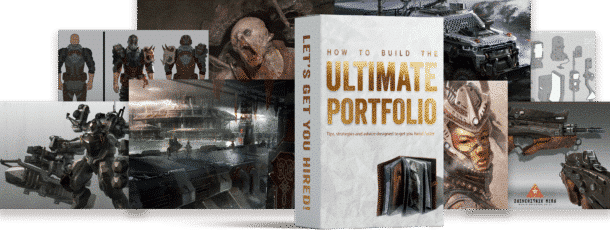Sebastian Gromann is a freelance Concept Designer working in the entertainment industry currently living in Berlin, Germany.
Portfolio: www.sebastiangromann.com
Art Station: http://www.artstation.com/artist/SebastianGromann
Facebook: http://www.facebook.com/sebastian.gromann
Sebastian Gromann’s Current portfolio examples:
In this first part of the interview, we asked Sebastian Gromann specific questions about what it’s like to be a concept artist in the entertainment industry, dispel a few common misconceptions that aspiring artists tend to have about the field, and discuss his educational background. Here’s what he had to say:
AT WHAT AGE DID YOU COMMIT TO BECOMING A PROFESSIONAL ARTIST? WHAT WERE YOUR MOTIVATIONS/ INSPIRATIONS?
I was always passionate about being creative and was filling some blank papers here and there in my early childhood. But I only started to take art seriously when I received my copy of the Guildwars artbook back in 2008. I was totally amazed by the artworks of Daniel Dociu, Jamie Jones and Richard Anderson (flaptraps), to name a few. I found out that creating that imaginary stuff I loved is actually a job called concept art, which you can do for a living.
From that day on I spent most of my free time learning how to draw and paint. The popular website conceptart.org was an enormous influence and motivational boost for me.
WHAT ARE THE BIGGEST CHALLENGES OF YOUR JOB AS AN ARTIST WORKING IN THIS INDUSTRY?
The job of a concept artist brings a daily dose of exciting obstacles. It’s fun to solve creative problems every day and come up with interesting visuals, but at the same time this is also one of the biggest challenges. It’s tough to come up with something new every time, making stuff work and appealing and find a balance between your standards and the requirements of your client.
CAN YOU SHARE A PERSONAL STORY, ABOUT A HARD LESSON THAT YOU LEARNED (ON THE BUSINESS OR ARTISTIC SIDE OF THINGS), THAT COULD HAVE BEEN AVOIDED, HAD YOU BEEN BETTER INFORMED?
One very important lesson I learned and am actually still learning is how valuable time constraints are. This is actually referring to both mentioned sides, the artistic and business one. My first month working at a studio I struggled a lot with finishing my daily tasks. I sometimes caught myself noodling around and repeating a known method without giving myself a specific stopover. I didn’t know any better since the artworks I created for myself at that time were formed by very organic workflow decisions. Furthermore, personal works don’t have any deadlines, which means that I could basically jump from one unfinished spot within the painting to another until I was satisfied with the overall result. This isn’t always a bad thing though, but it’s kinda obstructive when you need to finish a given task within a set time frame, remembering that time is still money. I now know that there are Powerful tools for artists that are available and can help you with all aspects of the job whether it be invoicing or time management. I have learned to utilize all that is available to me.
I personally need to plan ahead and write down small goals I want to archive within a certain time. Writing steps down also forces me to make up my mind on how I should tackle each step. This increases my overall efficiency to a considerable degree.
Sebastian Gromann’s student work from 2008:
IN THIS DAY AND AGE OF INEXPENSIVE AND EASILY ACCESSIBLE ONLINE TRAINING MATERIALS (YOUTUBE VIDEOS, GUMROAD TUTORIALS, ETC.), HOW VALUABLE DO YOU BELIEVE, GETTING AN EDUCATION FROM A UNIVERSITY OR COLLEGE WILL BE FOR ASPIRING ARTISTS WHO WANT TO BREAK INTO THE ENTERTAINMENT INDUSTRY?
Generally speaking there’s no need for an aspiring artist to graduate from a university or college, because no one is going to ask you about your degree.
Your portfolio and skills are the verification that counts in this industry.
I would also say that it tremendously depends on the individual person. There are numerous concept artists who are fully self taught and broke into the industry with the help of online resources and self-sufficient learning only. Others might need motivational boosts from like-minded people participating together in various art classes.
From my point of view one can always benefit from attending a study program, even if it’s not one’s direct passion or pursued job. For example: the study program I graduated from focuses on game design, (it’s mechanics and process) rather than on game art. As a result, I have learned the basic requirements of game development, and I understand what the guys coming after me in the production pipeline will require of my concepts.
Sebastian Gromann’s student work from 2010:
DID YOU HAVE ANY OUTSIDE HELP PUSHING YOU ALONG WITH YOUR TRAINING? LIKE A MENTOR, OR PASSIONATE TEACHER?
I didn’t have any personal mentor, but I was always surrounded by amazing colleagues and likeminded friends. We were always making sure to help one another and to push each other to the next level.
You’ll get an enormous knowledge boost if you surround yourself with people who are better than you.
Sebastian Gromann’s student work from 2012:
DID YOU STUDY OR TAKE ADDITIONAL CLASSES OUTSIDE OF SCHOOL?
Quite frequently my colleagues and I would attend life drawing sessions with a live model or go straight into the wilderness to draw from nature. It was very refreshing to step away from the computer for a moment and concentrate on real life objectives. Having an evening chat with friends while refining your drawing skills is always great fun, too.
This concludes part 1 of our interview with Sebastian Gromann . In part two, we discuss his Dos and DONTs of portfolio building, How he branded and marketed himself in the beginning, and much more. Head on over to continue reading.
All images used with permission by the artist. ©Sebastian Gromann

